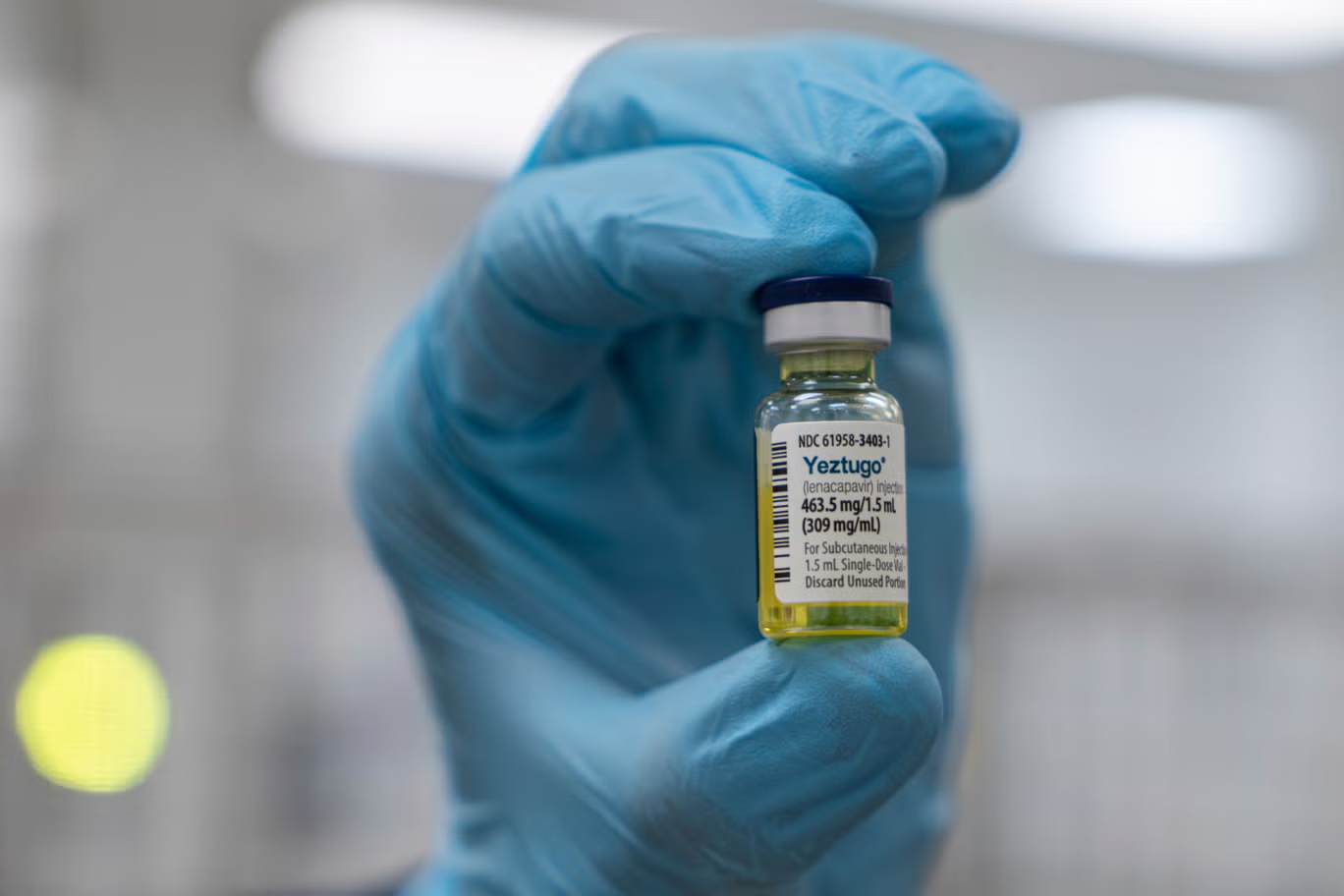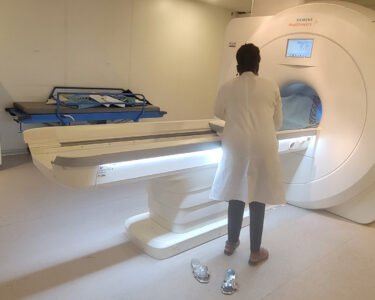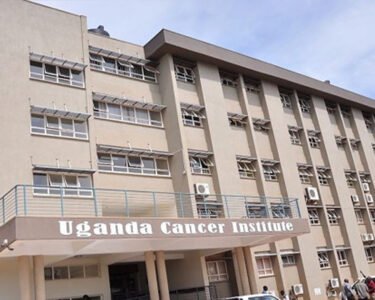The Ministry of Health is considering introducing a long-acting HIV prevention injection as part of Uganda’s essential medicines list, a move that could mark a major step forward in the country’s fight against HIV/AIDS.
Training for Prison Warder Recruits Set to Begin July 12 at Luzira
Presidential Crackdown Exposes Deep-Rooted Corruption in Mpigi Job Recruitment
Semujju Demands Probe Into Gen. Damulira Over Gang Assault onthe Public
Ingrid Turinawe Launches Bid for Rukungiri Municipality MP Seat, Vows to Be Voice for the Voiceless
Police Gun Down Three Robbery Suspects in Lungujja Night Patrol Shootout
According to the Uganda AIDS Commission (UAC), the injectable medication administered only twice a year has shown high effectiveness in preventing the transmission of HIV and could be made available free of charge if approved.
Dr. Nelson Musoba, Director General of the Uganda AIDS Commission, confirmed that discussions are ongoing at technical and policy levels. “This innovation is about increasing access and choice. For many people who find it difficult to adhere to a daily pill regimen, this injection offers a discreet and highly effective alternative,” he said.
The proposed injection is a form of pre-exposure prophylaxis (PrEP), a biomedical HIV prevention method used by individuals who are HIV-negative but at substantial risk of infection. Unlike traditional oral PrEP, which must be taken daily, the injectable version—known as long-acting cabotegravir (CAB-LA)—is administered once every six months.
Uganda has made significant progress in the fight against HIV over the past decade. According to the latest data from the Ministry of Health, the country’s HIV prevalence rate stands at 5.1%, down from 6.2% in 2016. However, nearly 1.3 million people are still living with HIV, and about 50,000 new infections occur each year, particularly among adolescents and young women aged 15–24.
If adopted, the injection will be included under the government’s free HIV prevention and treatment package distributed through public health facilities. The Ministry of Health is reportedly engaging global partners such as PEPFAR, the Global Fund, and UNAIDS to explore sustainable financing mechanisms for the rollout.
“We are evaluating how to integrate the injection into our supply chain and ensure its equitable distribution. It’s promising, but we must also prepare our health system for implementation,” said a senior official from the Ministry’s Pharmaceutical and Supplies Department who preferred anonymity.
The Ministry of Health plans to launch a public sensitization campaign once the drug is officially approved. Health professionals and community health workers will be trained on how to administer the injection and counsel patients on its use.
The National Drug Authority (NDA) is currently reviewing evidence from World Health Organization (WHO) guidelines and other regulatory bodies to fast-track the drug’s registration in Uganda.
If all goes as planned, the first doses of the HIV prevention injection could be available in select public health facilities by early 2026.
“The injection is not a silver bullet, but it adds to our arsenal of prevention tools,” said Dr. Musoba. “The goal is to give Ugandans more options to protect themselves and help end HIV by 2030.”





